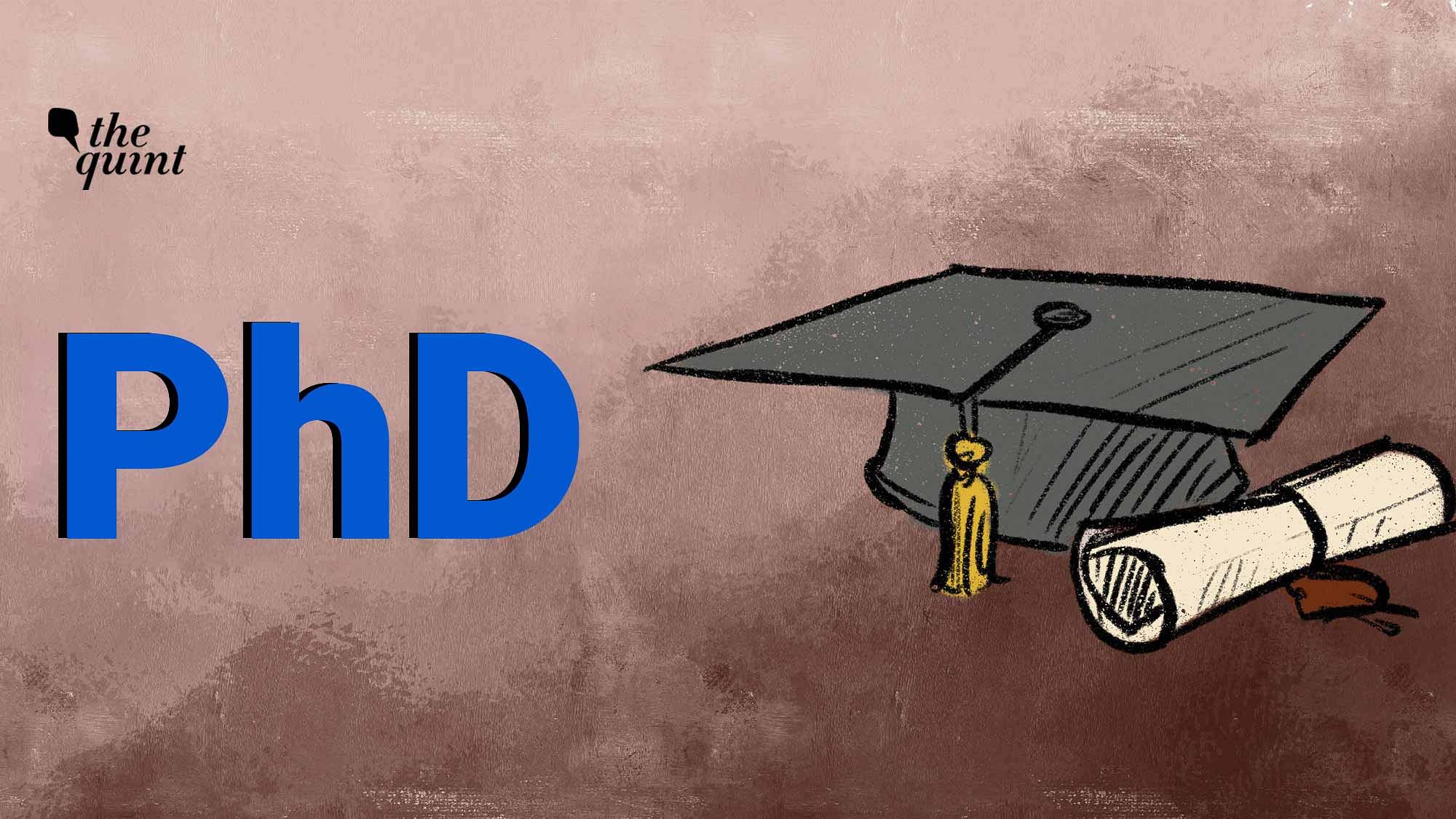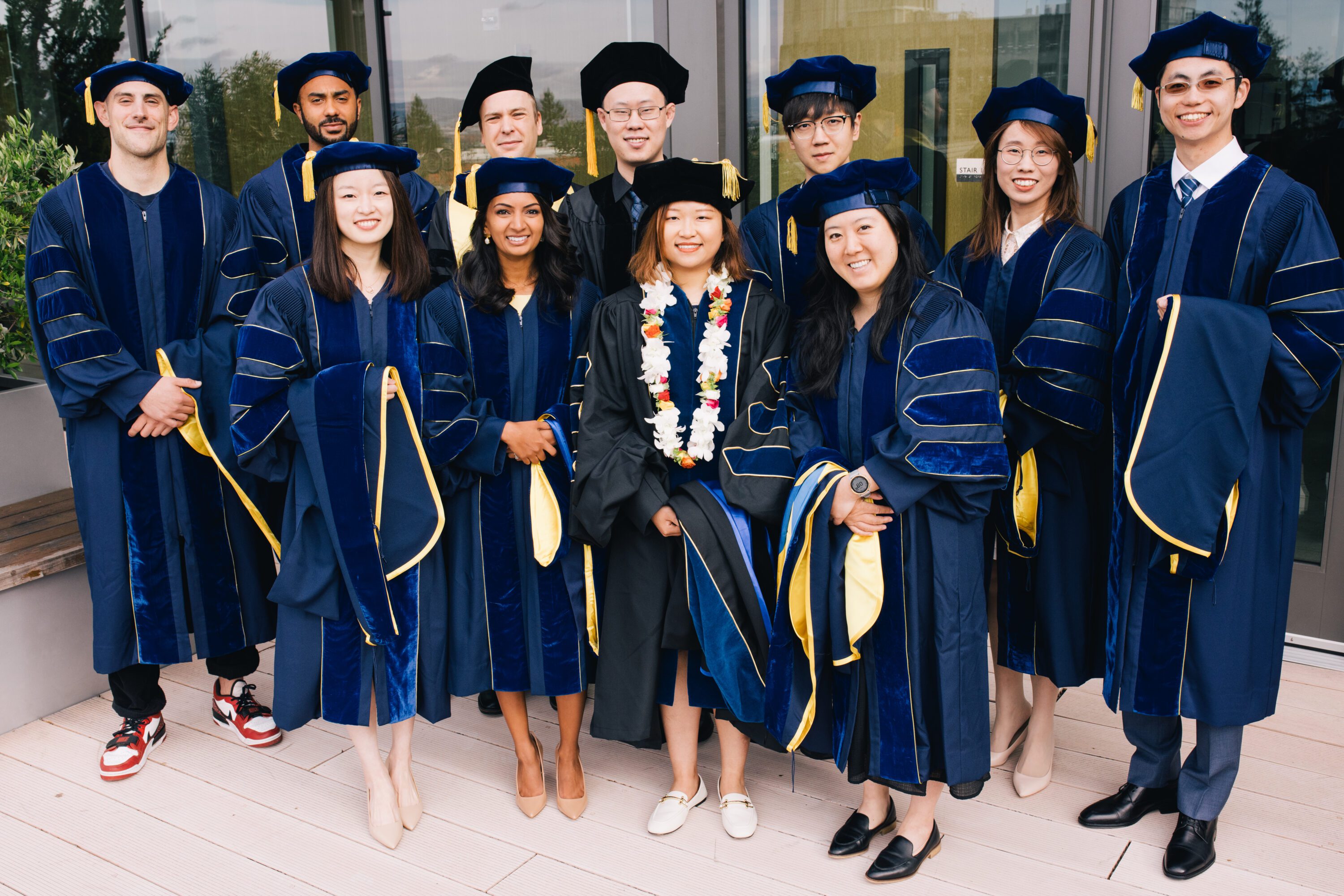Types of Assignments PhD Scholars Come Across|2025
/in General Articles /by BesttutorExplore the types of assignments PhD scholars come across. Learn about research papers, dissertations, literature reviews, and other tasks essential for academic success.
PhD scholars, as part of their advanced academic journey, encounter a wide range of assignments. These assignments not only assess their deep understanding of their chosen field but also help them hone their research, writing, and critical thinking skills. The variety of assignments they face can vary significantly, from theoretical essays to empirical research reports. In this paper, we explore the different types of assignments PhD scholars come across, with a focus on the types of assignments for students, including various academic, research-based, and practical tasks they may encounter. Additionally, we will briefly discuss types of assignments in universities, high schools, and lesson plans, providing a comprehensive overview of assignment diversity in academia.
Table of Contents
ToggleAcademic Research Papers
One of the most common types of assignments for PhD scholars is the academic research paper. These assignments require scholars to explore, analyze, and present original research within a specific domain. Writing a research paper often involves the formulation of a research question, conducting literature reviews, designing experiments, analyzing data, and drawing conclusions. In this type of assignment, PhD students are expected to contribute to the knowledge pool in their field, making original insights based on their findings.
Key Features of Academic Research Papers:
- Thorough Literature Review: A review of existing studies and theories related to the research topic.
- Original Contribution: The paper should present a new perspective, theory, or experimental data.
- Critical Analysis: The research must engage with existing literature critically, demonstrating gaps, contradictions, or opportunities for further research.
- Methodology Section: Explaining how research was conducted, including data collection methods, sampling techniques, and analysis tools.
- Discussion and Conclusion: Interpreting the findings, discussing their implications, and suggesting further areas of study.
Dissertation or Thesis
Dissertations and theses are perhaps the most significant assignments for PhD scholars. These lengthy, detailed, and comprehensive documents represent the culmination of years of research and are the primary requirement for obtaining a PhD degree. A dissertation typically presents an in-depth study on a particular topic within the scholar’s discipline and may take years to complete. Writing a dissertation involves original research, extensive data analysis, and the formulation of novel theories or findings.
Key Features of Dissertations or Theses:
- Extensive Research: PhD scholars are expected to conduct detailed research that expands the boundaries of existing knowledge in their field.
- Structure: A dissertation generally includes an introduction, literature review, methodology, results, discussion, conclusion, and references.
- Original Contribution: Just like academic research papers, dissertations require original contributions to the field.
- Critical Engagement: The scholar must critically engage with both primary and secondary data, offering new insights into existing debates.
Literature Review
A literature review is another common type of assignment that PhD students frequently encounter. This assignment involves a comprehensive survey of the existing research on a particular topic or question. Unlike a research paper, which may involve presenting new research, a literature review synthesizes existing findings and identifies trends, patterns, and gaps in the field. A well-structured literature review serves as the foundation for future research projects.
Key Features of a Literature Review:
- Comprehensive Survey: The review should cover a broad spectrum of sources, including books, academic articles, conference papers, and reports.
- Thematic Organization: Sources are often categorized into themes, providing a clear structure to the review.
- Critical Analysis: Rather than just summarizing existing research, PhD scholars should critically evaluate methodologies, findings, and interpretations of other scholars.
- Identification of Gaps: A literature review should highlight areas of the field that have been under-researched or areas that require further investigation.
Empirical Research Report
An empirical research report is another assignment that requires PhD students to design and execute experiments or studies to gather data on a specific topic. This type of assignment focuses on real-world data collection and analysis. PhD scholars may be tasked with designing experiments, conducting surveys, or observing phenomena, and then reporting their findings.
Key Features of Empirical Research Reports:
- Data Collection: This assignment requires gathering primary data through various methods such as surveys, experiments, or interviews.
- Methodological Rigor: The student must demonstrate a clear understanding of research methodology, ensuring valid and reliable results.
- Data Analysis: The report includes detailed analysis of the collected data, often using statistical tools or qualitative methods.
- Results and Interpretation: A thorough presentation and interpretation of findings are expected, with clear conclusions drawn from the data.
Essays and Analytical Papers
Essays are a more general form of assignment, and PhD scholars may encounter essay-based tasks that test their ability to synthesize information and present coherent arguments. These essays may be focused on theoretical topics, case studies, or applications of research findings. Essays can vary in length and complexity but are generally more focused on argumentation and analysis rather than original research.
Key Features of Essays and Analytical Papers:
- Argument Development: PhD scholars must develop a clear argument, supported by evidence and critical analysis.
- Structured Writing: Essays require a logical structure, including an introduction, body paragraphs, and conclusion.
- Critical Engagement: The scholar must engage critically with both primary and secondary sources, offering their perspective on the topic.
- Clarity and Precision: High-level essays demand clarity and precision in presenting ideas, avoiding vagueness and unnecessary jargon.
Presentations and Seminars
Presentations and seminar assignments are common in PhD programs. These assignments require scholars to present their research, findings, or a review of literature to peers and faculty. Presenting research effectively is an important skill for PhD students, and many programs include presentations as a key part of their curriculum. These assignments may involve PowerPoint presentations, live demonstrations of research findings, or seminars on specific topics.
Key Features of Presentations and Seminars:
- Clear Communication: PhD students must present complex ideas clearly and concisely, making their research accessible to a wider audience.
- Engagement with the Audience: Scholars must engage their audience through questioning, discussion, and interaction.
- Visual Aids: Effective use of PowerPoint slides, graphs, and charts is often required to help convey information visually.
- Time Management: Many presentations and seminars are timed, and PhD students must manage their presentation within the allocated period.
Peer Reviews and Critiques
Peer review is a common assignment in PhD programs, where scholars are asked to evaluate and critique the work of their peers. This exercise helps students develop critical thinking skills and the ability to evaluate research quality. Peer reviews are a common part of academic publishing, so it is important for PhD students to learn how to provide constructive feedback.
Key Features of Peer Reviews:
- Critical Evaluation: The scholar must assess the quality, relevance, and validity of the research.
- Constructive Feedback: A peer review should offer suggestions for improvement, highlighting both strengths and weaknesses.
- Detailed Analysis: Reviews often involve a thorough analysis of the research design, methodology, and conclusions drawn by the author.
Lab Reports
For PhD students in the sciences, lab reports are a standard assignment. These reports document the procedures, methods, results, and analysis of experiments conducted in the lab. The format and expectations for lab reports are typically very structured, and they require careful attention to detail and scientific accuracy.
Key Features of Lab Reports:
- Clear Documentation: The report must clearly describe the experimental setup, materials used, and procedures followed.
- Data Presentation: Data collected in the lab must be presented in tables, graphs, and charts, with appropriate analysis.
- Scientific Analysis: The report includes an interpretation of the results, as well as discussion on the implications of the findings.
- Conclusions and Recommendations: Lab reports often conclude with a summary of findings and suggestions for further research.
Grant Proposals
Writing grant proposals is another type of assignment PhD students may encounter, especially if they are conducting independent research. These proposals are designed to secure funding for future projects or research. A well-written grant proposal is essential for obtaining financial support for PhD research, and it requires a clear outline of the research goals, methodology, budget, and expected outcomes.
Key Features of Grant Proposals:
- Clear Research Plan: The proposal must outline the research objectives and demonstrate the significance of the research.
- Budgeting: A detailed budget must be included, explaining how the funds will be allocated to different aspects of the research.
- Feasibility: The proposal should demonstrate that the project is feasible within the given timeframe and budget.
Case Studies
Case studies are often used in business, law, and social sciences programs to assess a student’s ability to analyze a real-world problem and apply theoretical knowledge. PhD students in these fields may encounter case study assignments that require them to analyze a specific case, identify issues, and propose solutions based on their research.
Key Features of Case Studies:
- Real-World Focus: Case studies are based on real-world scenarios, requiring students to analyze and solve practical problems.
- Analytical Thinking: Students must apply theoretical knowledge to practical situations, demonstrating critical thinking and problem-solving skills.
- Recommendations: The case study often concludes with recommendations for action or further research.
Conclusion
PhD scholars encounter a wide range of assignments throughout their academic journey. These assignments vary in nature, but they all serve to develop critical research, writing, and analytical skills. From academic research papers to grant proposals, lab reports, and case studies, PhD students must master the art of conducting original research and presenting their findings clearly and effectively. As students progress in their academic careers, they will continue to face increasingly complex and diverse assignments, all of which contribute to their growth as independent scholars and experts in their fields.
In addition to the types of assignments faced by PhD students, it is important to recognize that assignments at other academic levels, such as in high school and university, are also diverse. High school assignments may include essays, projects, and presentations, while university assignments can include research papers, group work, and more specialized tasks. Understanding the different types of assignments and their objectives across academic levels is essential for scholars and students alike as they navigate their educational journeys.
Needs help with similar assignment?
We are available 24x7 to deliver the best services and assignment ready within 3-4 hours? Order a custom-written, plagiarism-free paper







